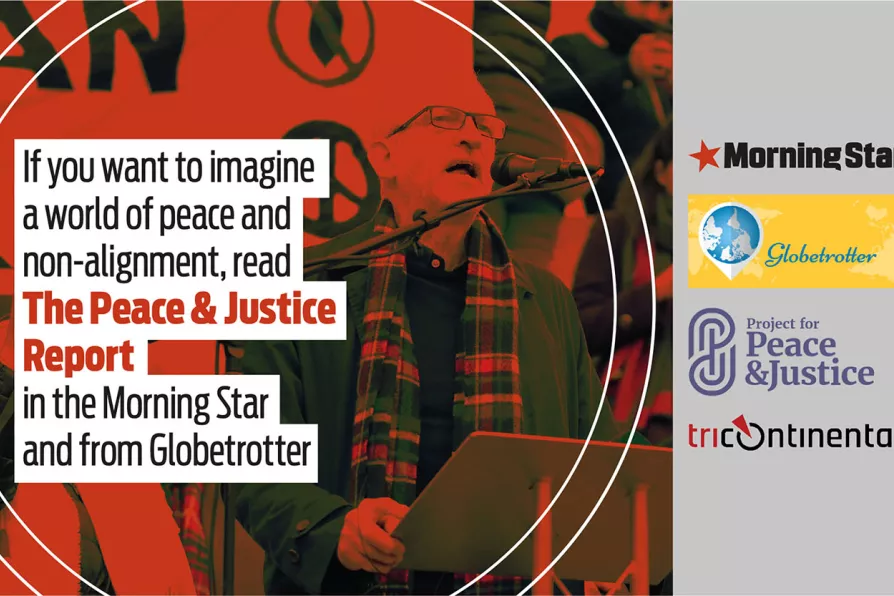John Wojcik pays tribute to a black US activist who spent six decades at the forefront of struggles for voting rights, economic justice and peace – reshaping US politics and inspiring movements worldwide


WITH Russian shells raining down on Ukrainian cities, an uneasy ceasefire in Yemen, the attack on Palestinians at prayer in Jerusalem and many other conflicts around the world, it might seem to some to be inappropriate to talk about peace.
When a war is going on, it is absolutely the time to talk about peace. How else can we prevent even further loss of life or yet more millions forced into refuge somewhere else in the world?
It is welcome that at last the UN has taken an initiative with the welcome request by secretary-general Antonio Guterrez for face-to-face meetings with President Vladimir Putin and President Volodymyr Zelensky.

JEREMY CORBYN reports from Hiroshima where he represented CND at the 80th anniversary of the bombing of the city by the US

Real security comes from having a secure base at home — Keir Starmer’s reckless and renegade decision to get Britain deeper into the proxy war against Russia is as dangerous as it is wasteful, writes SALLY SPIERS











